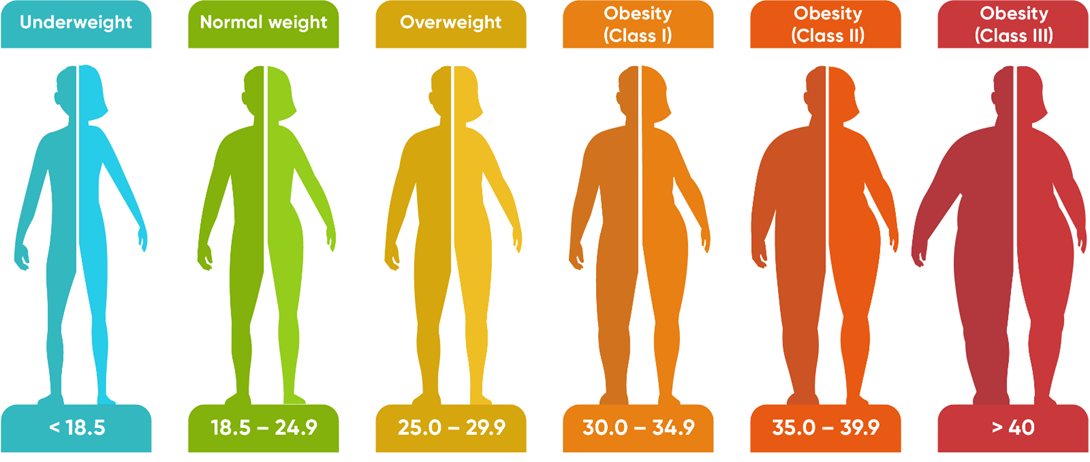A nurse is planning a mechanical soft diet for a client who has difficulty chewing. Which of the following foods should the nurse plan to include on the client's meal tray?
Peas
Dried apricots
Canned pears
Cashews
The Correct Answer is C
Choice A reason: Peas are not a good choice for a mechanical soft diet, as they are small and round and can pose a choking hazard. Peas also require some chewing to break them down, which may be difficult for the client.
Choice B reason: Dried apricots are not a good choice for a mechanical soft diet, as they are hard and sticky and can damage the teeth or dentures. Dried apricots also require a lot of chewing to swallow them, which may be painful or tiring for the client.
Choice C reason: Canned pears are a good choice for a mechanical soft diet, as they are soft and moist and can be easily mashed with a fork. Canned pears do not require much chewing and can be swallowed smoothly.
Choice D reason: Cashews are not a good choice for a mechanical soft diet, as they are hard and crunchy and can injure the gums or oral mucosa. Cashews also require a lot of chewing and can get stuck in the teeth or dentures.
Nursing Test Bank
Naxlex Comprehensive Predictor Exams
Related Questions
Correct Answer is B
Explanation
Choice A reason: Flossing dentures is not necessary, as dentures do not have spaces between the teeth where plaque and food particles can accumulate. Flossing dentures may damage the denture material or cause it to loosen.
Choice B reason: Dentures should be cleaned with a soft material to prevent scratches or damage. A washcloth is gentle enough to clean the denture surfaces without causing harm.
Choice C reason: Wiping dentures before storing them in a dry container at night is not advisable, as it may cause the dentures to crack or warp. Dentures should be soaked in water or a denture cleanser solution overnight to keep them moist and prevent them from losing their shape.
Choice D reason: Wrapping gloved fingers with gauze to remove dentures is not a standard practice. Dentures should be removed carefully by rocking them slightly to break the seal with the gums. Using gauze is unnecessary and may not be as effective or safe for the dentures or the oral tissues.
Correct Answer is B
Explanation
Choice A reason: Weight gain of 0.45 kg (1 lb) per week is not within the expected reference range for a client who is in the second trimester of pregnancy and has a normal BMI. The recommended weight gain for this client is 0.35 to 0.5 kg (0.8 to 1 lb) per week.
Choice B reason: Intake of 200 extra calories per day is within the expected reference range for a client who is in the second trimester of pregnancy and has a normal BMI. The recommended caloric intake for this client is 2200 to 2900 calories per day, which is about 340 to 450 calories more than the pre-pregnancy intake.
Choice C reason: Intake of 100 extra calories per day is not within the expected reference range for a client who is in the second trimester of pregnancy and has a normal BMI. The recommended caloric intake for this client is 2200 to 2900 calories per day, which is about 340 to 450 calories more than the pre-pregnancy intake.
Choice D reason: Weight gain of 0.91 kg (2 lb) per week is not within the expected reference range for a client who is in the second trimester of pregnancy and has a normal BMI. The recommended weight gain for this client is 0.35 to 0.5 kg (0.8 to 1 lb) per week.

Whether you are a student looking to ace your exams or a practicing nurse seeking to enhance your expertise , our nursing education contents will empower you with the confidence and competence to make a difference in the lives of patients and become a respected leader in the healthcare field.
Visit Naxlex, invest in your future and unlock endless possibilities with our unparalleled nursing education contents today
Report Wrong Answer on the Current Question
Do you disagree with the answer? If yes, what is your expected answer? Explain.
Kindly be descriptive with the issue you are facing.
